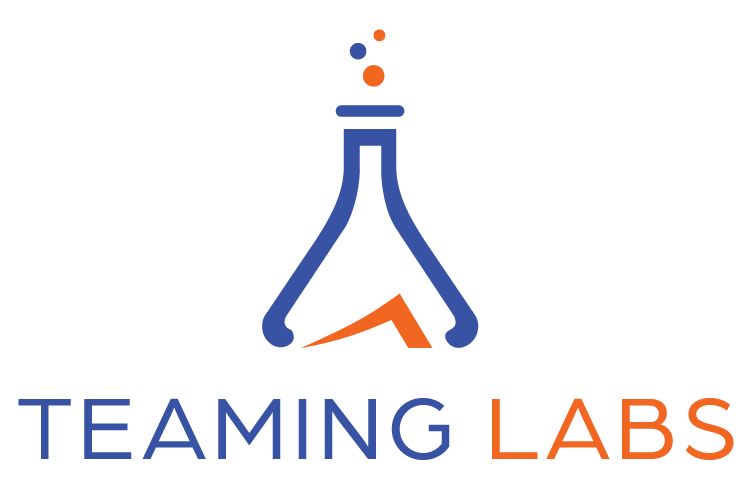Case Studies
Case Studies
Real-world teaming, analyzed through the Teaming Labs® Intelligent Teaming Framework. These stories show how teams succeed in complex conditions — and what you can strengthen in your own context.
Not abstract “teamwork theory.” Not vague advice. We focus on practical, evidence-informed patterns you can apply — and measure — immediately.
- Real-world cases
- Framework lens
- Practical takeaways
See how coordination, communication, and decisions hold up under pressure.
Rehearse the conditions safely so teams build repeatable habits.
Make teaming visible and track progress across time or projects.
2018 Tham Luang Cave Rescue
The Tham Luang cave rescue shows an extraordinary multi-agency effort operating under extreme uncertainty. Success depended on shared purpose, innovative execution, rapid adaptation, strong information flow across boundaries, and disciplined coordination.
- Unified purpose
- Innovative execution
- Rapid adaptation
- Knowledge-sharing
- Clear coordination
2010 Chilean Mine Rescue
The Chilean Mine Rescue demonstrates coordinated execution when technical innovation, psychological resilience, and public communication all matter at once. The operation succeeded through unity of purpose, inventive engineering, continuous learning, broad collaboration, and strong structure.
- Unity & purpose
- Execution & innovation
- Continuous learning
- Global collaboration
- Structured coordination
The events are exceptional — the teaming challenges are not. Many teams face versions of these pressures every day. Our approach is simple: practice the conditions that matter, then measure what actually happens.
Ambiguity and time pressure can fragment effort. Teams need repeatable coordination patterns.
When work spans roles and organizations, gaps and misalignment multiply.
When decision rights are unclear, teams slow down or collide.
High-performing teams integrate feedback quickly and adjust without losing coherence.
Immersive simulations that recreate real teaming conditions — trade-offs, uncertainty, handoffs, and time pressure — so teams can rehearse the behaviors that make the difference.
- Rehearse coordination and decision cadence
- Strengthen communication and handoffs
- Build adaptability through reflection
Quantitative and qualitative insight that makes teaming dynamics visible — so improvement becomes specific, trackable, and repeatable.
- See what helped (and hindered) performance
- Pinpoint friction in communication and roles
- Track improvement across projects or cohorts
Many teams start with a Mission to create a shared experience, then use Analytics to make teaming visible and choose the next improvement focus. A simple loop: practice → measure → refine.
The New Radicals: How To Be A Good Teammate
This piece explores how a team stays team-first even when individual achievement becomes the visible outcome. It highlights culture, mutual support, open communication, and clear leadership as compounding advantages.
- Team-first identity
- Supportive culture
- Continuous improvement
- Open communication
- Role clarity & leadership
Some challenges are best addressed through targeted skill-building and in-the-moment support. PowerClasses and Facilitation & Coaching help teams develop shared language, practical tools, and better operating habits.
Focused learning modules that develop specific teaming capabilities — practical tools, frameworks, and shared language.
- Create common language for teaming
- Learn practical tools teams can use immediately
- Reinforce habits through structured reflection
Hands-on support for teams working through real challenges — improving how decisions, alignment, and execution happen.
- Clarify roles, decision rights, and handoffs
- Improve meeting cadence and team alignment
- Support teams through change and complexity
Teams often start with a PowerClass to build shared language and practical tools, then use Facilitation & Coaching to apply those skills in real work. Over time, the loop becomes simple and repeatable: learn → apply → reflect → strengthen.

